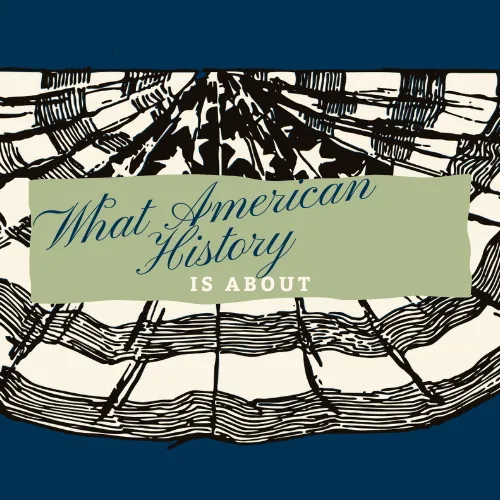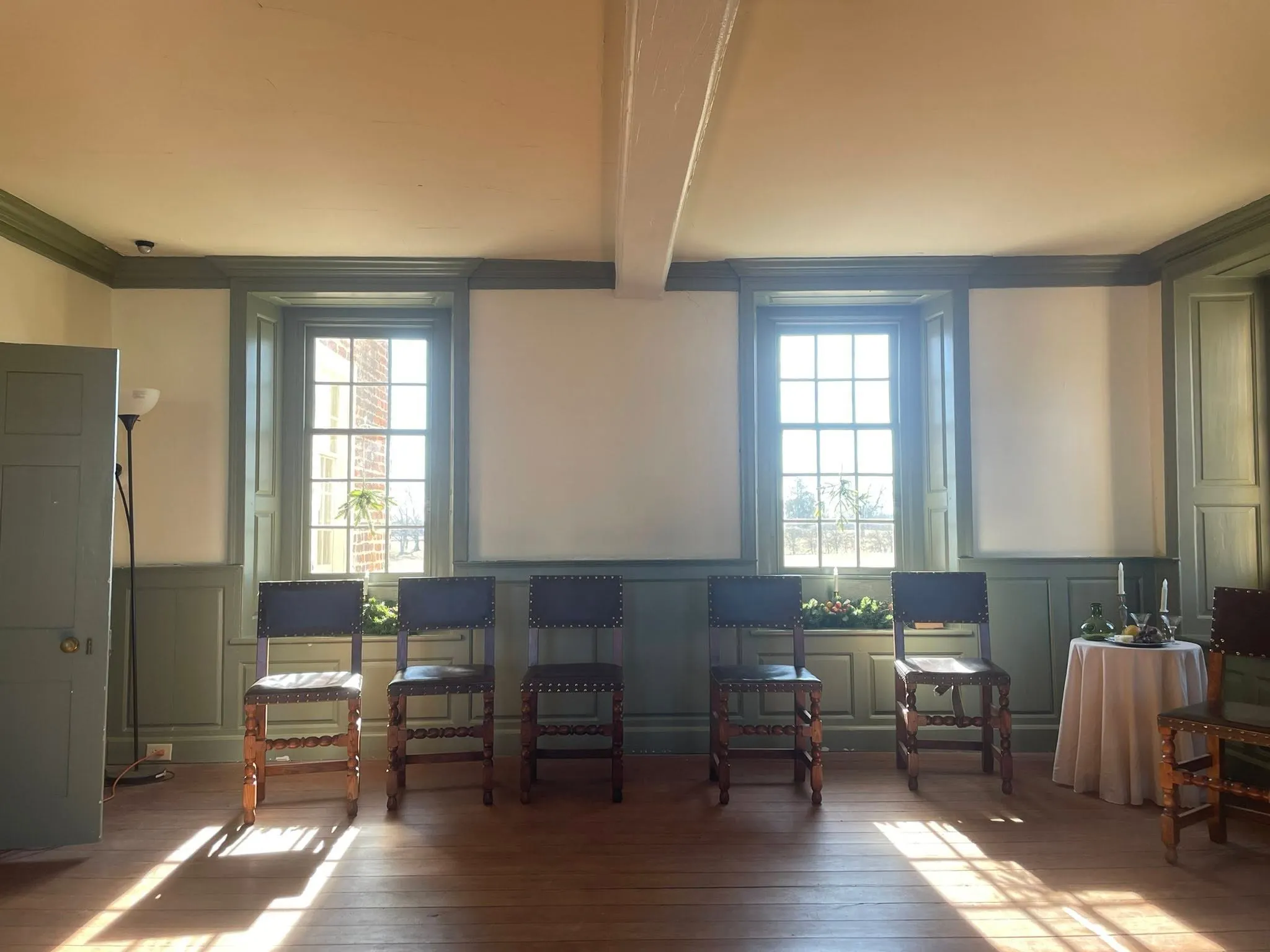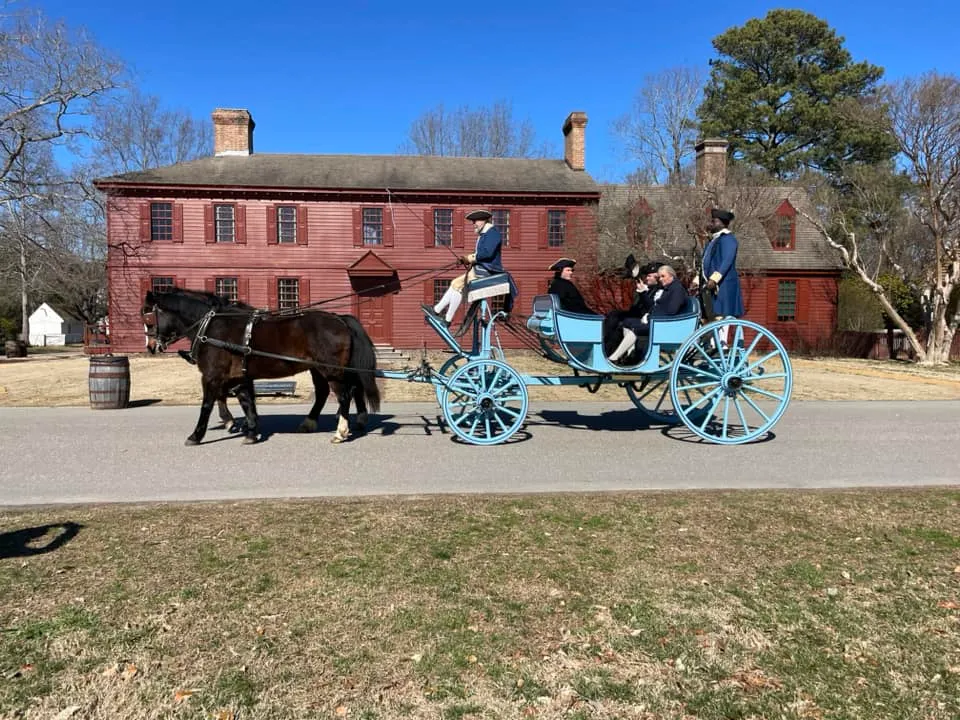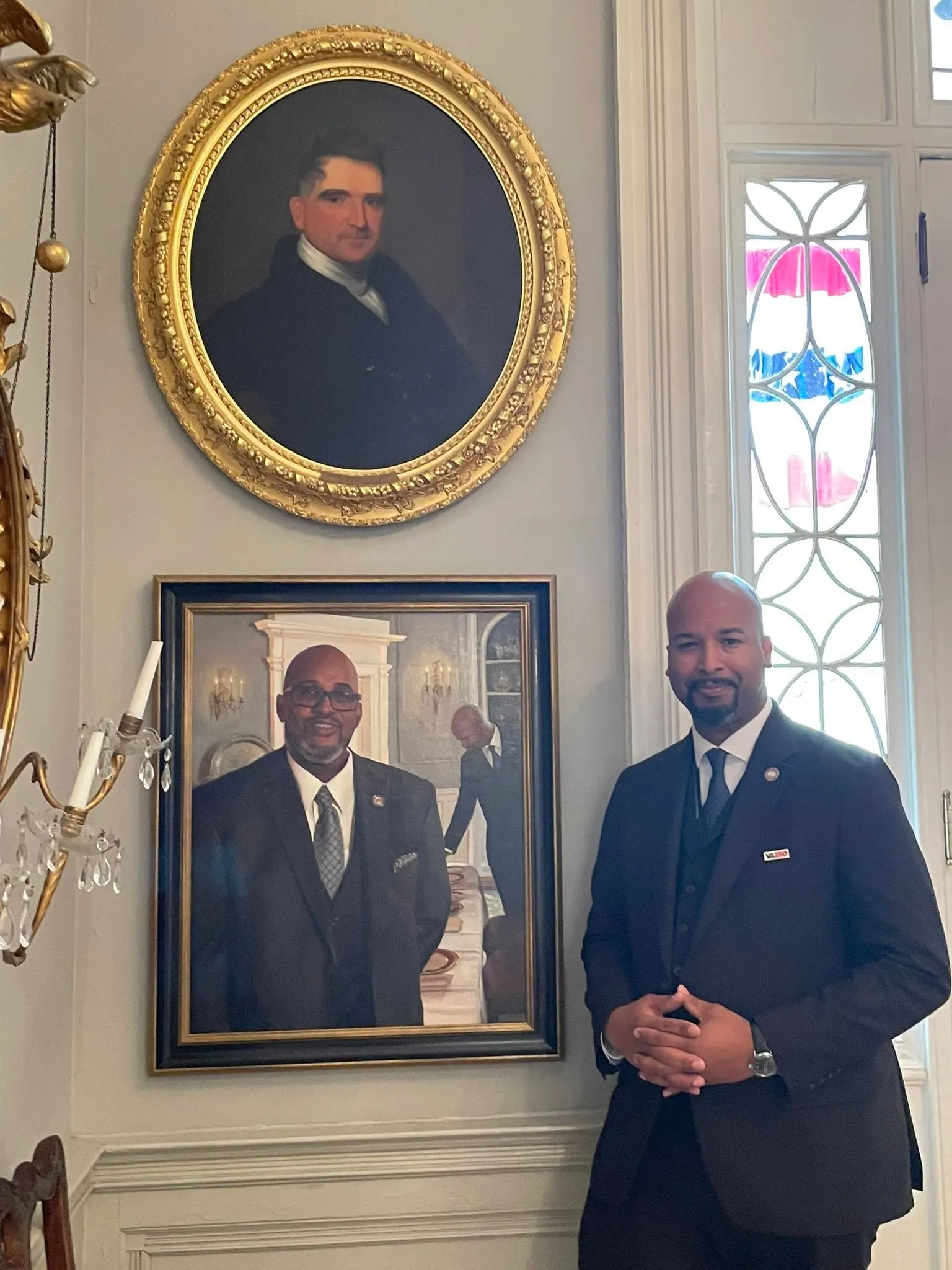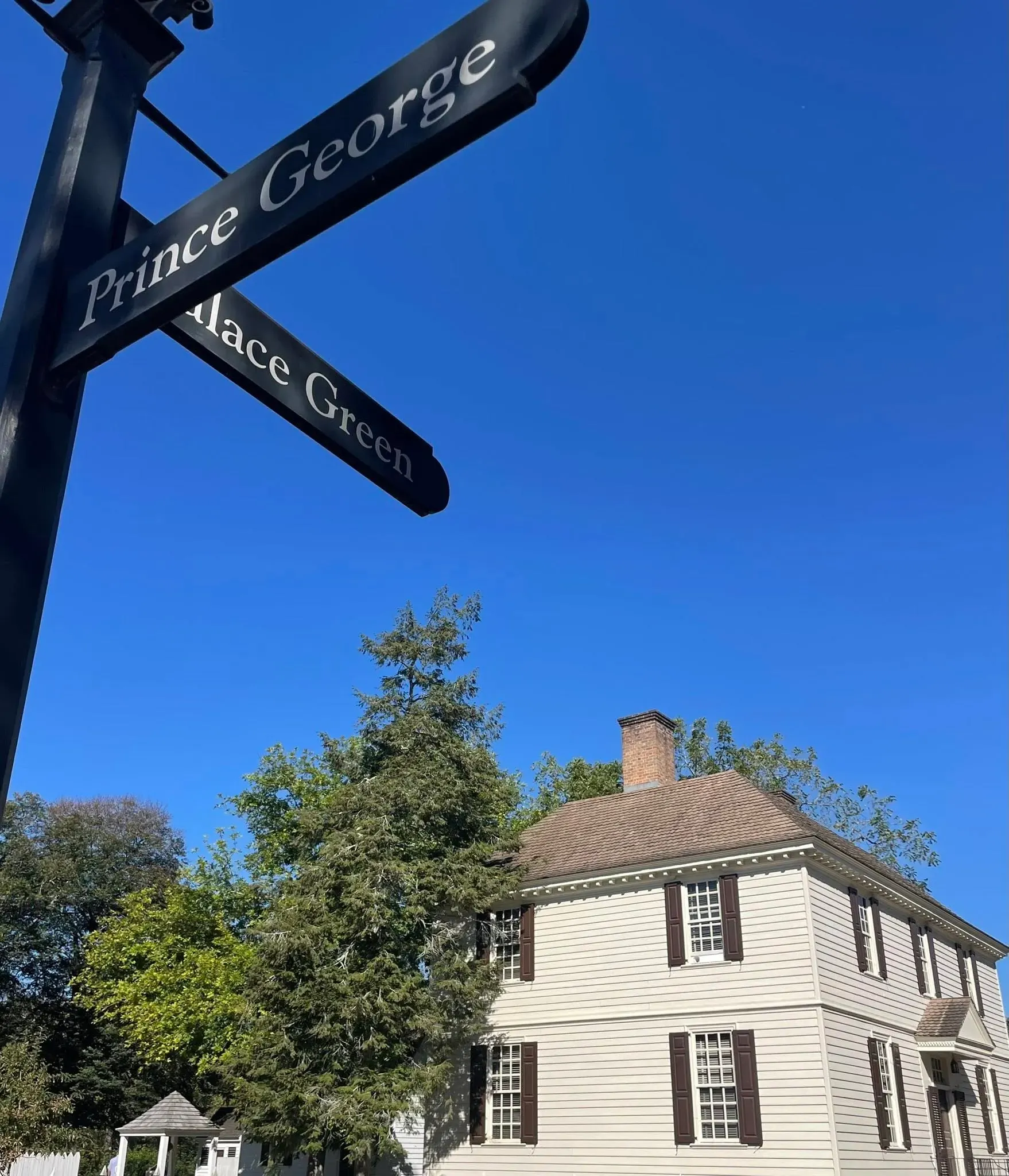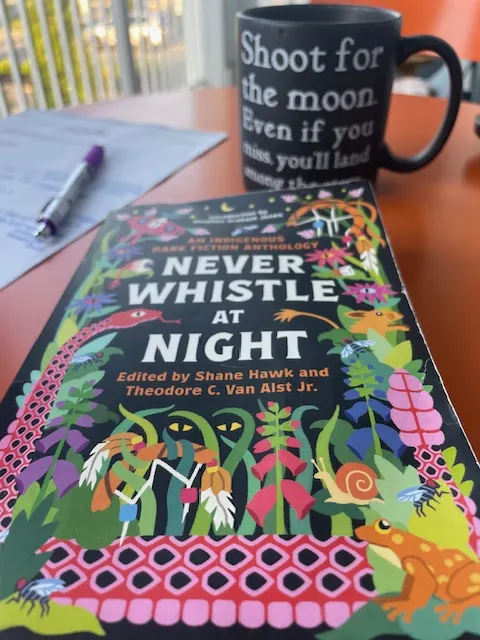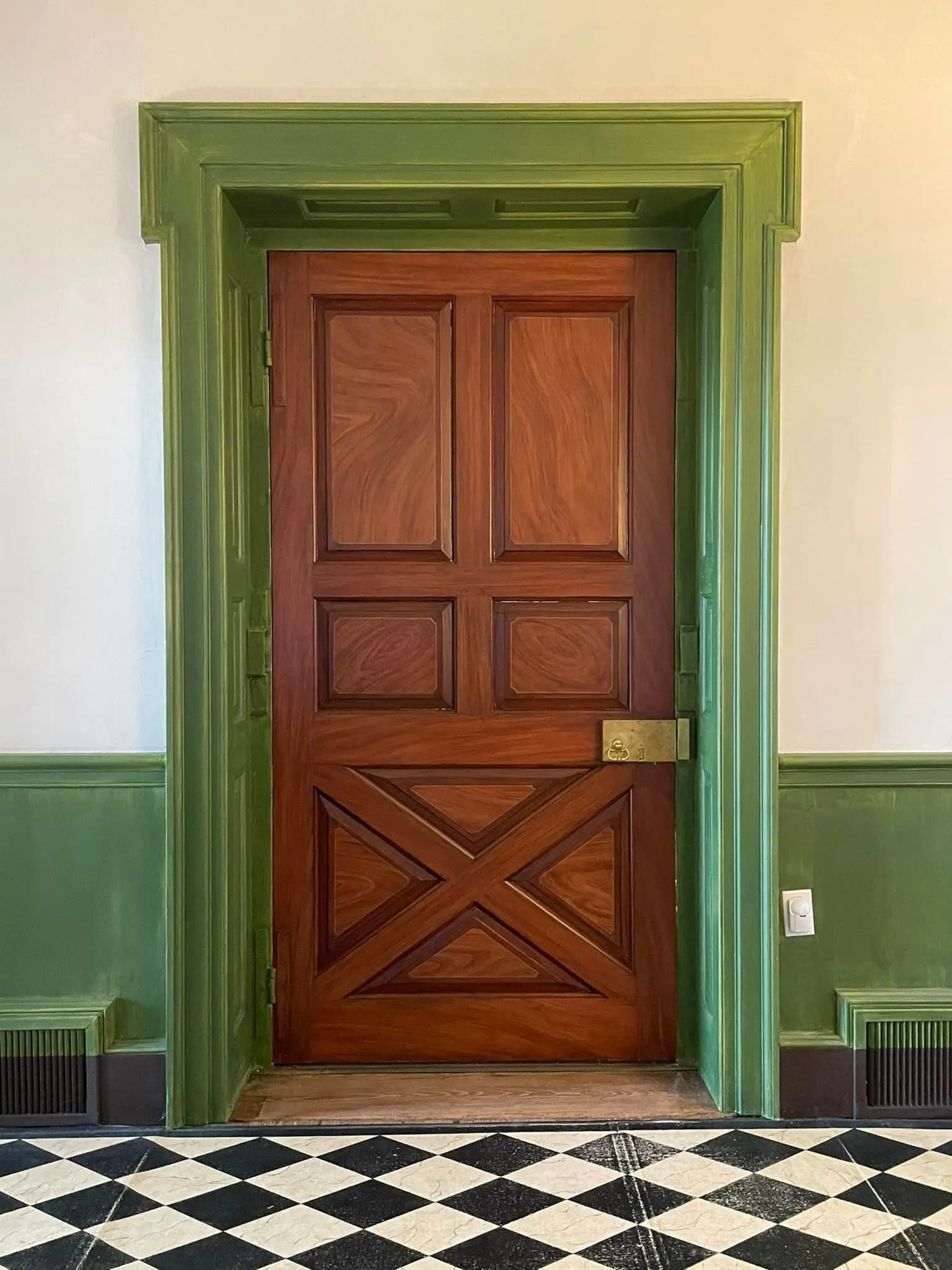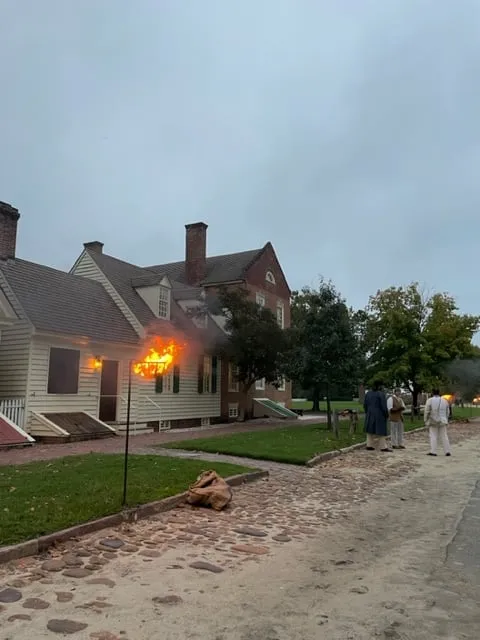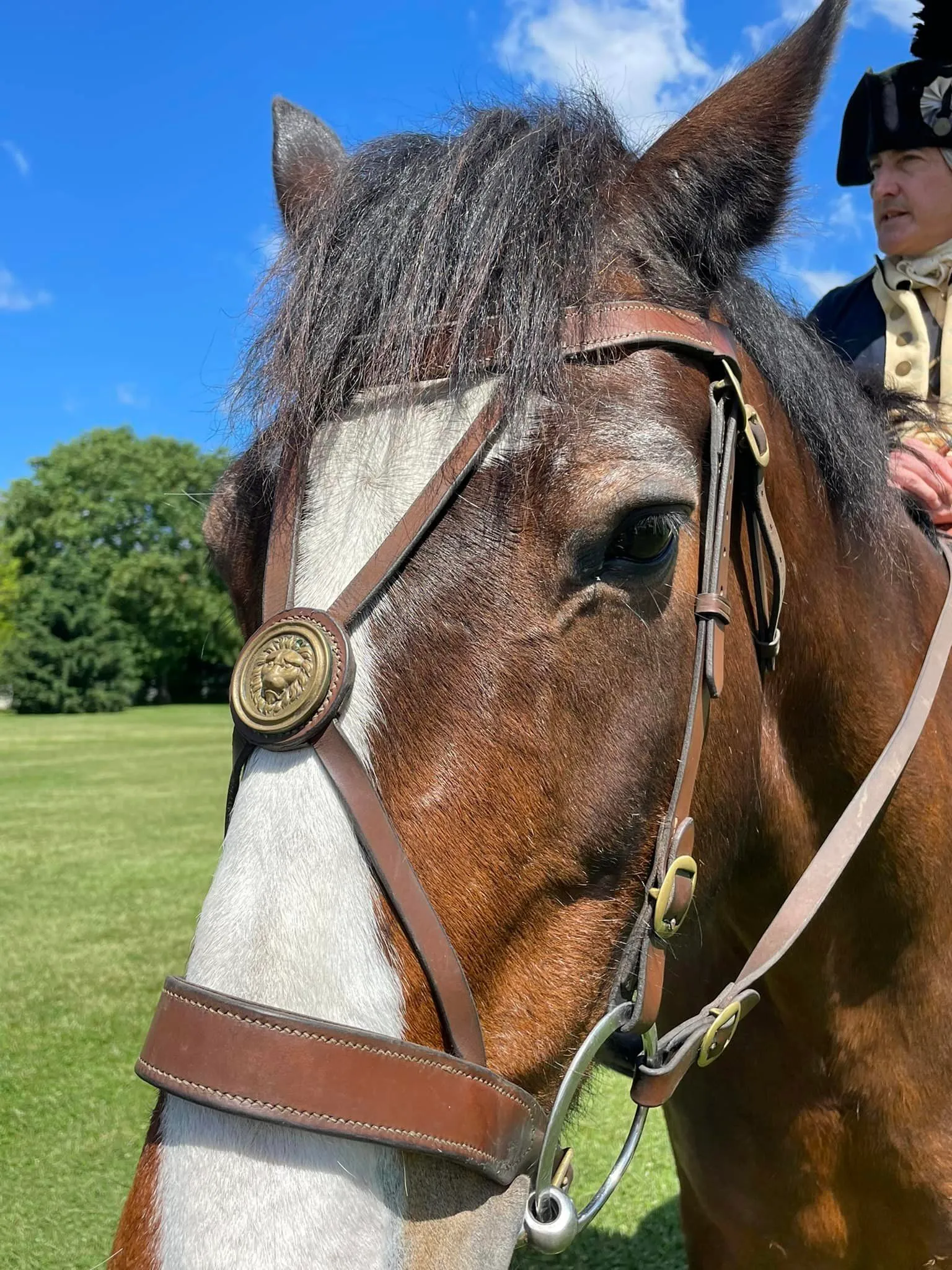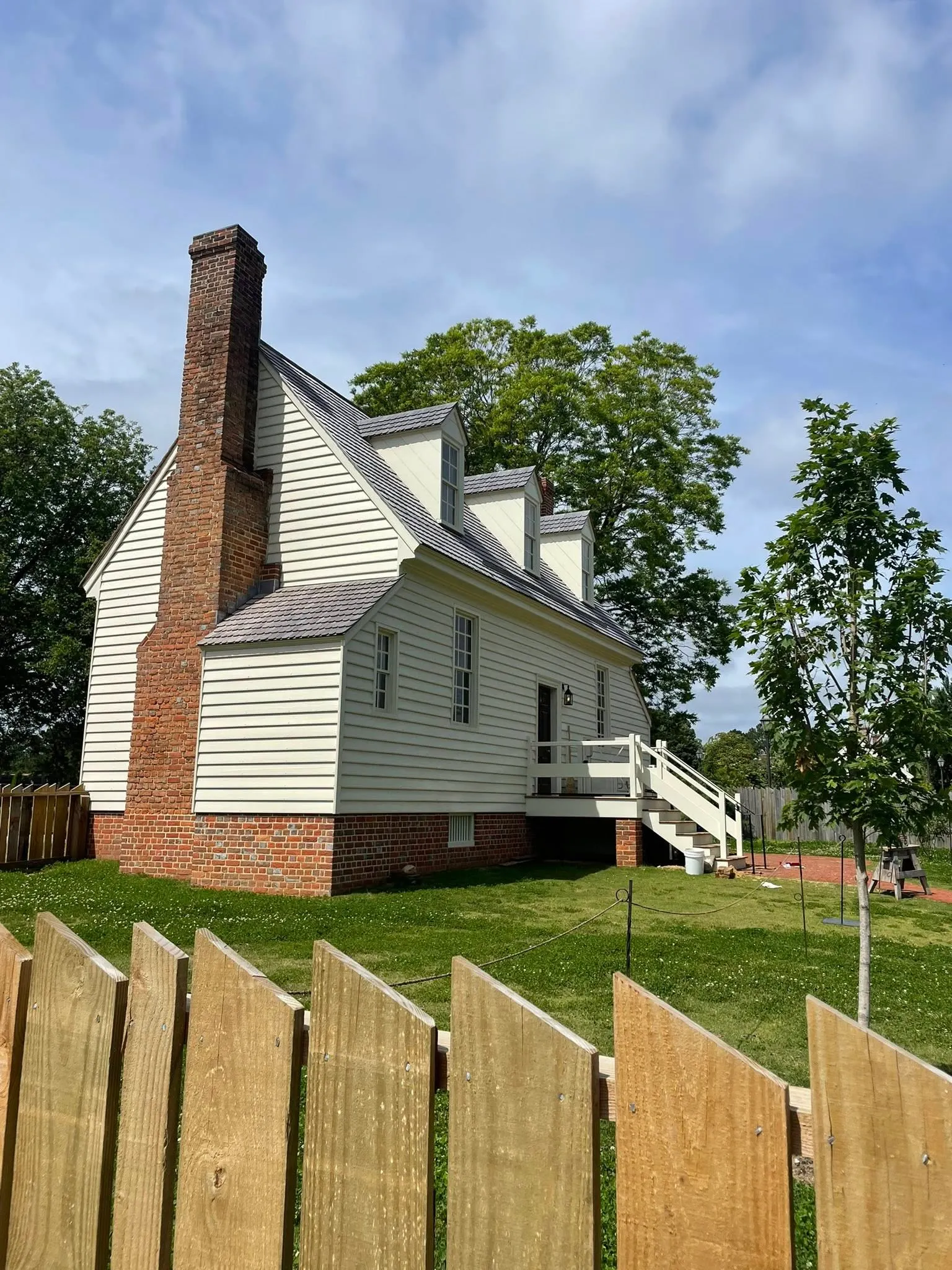George Washington: What Was He Thinking as He Left the Presidency?
Well it's obvious I can't know what Washington was thinking...(spoiler alert)
However, after yesterday's performance on Colonial Williamsburg's (CW's) Charlton Stage by historian and actor Ron Carnegie, I have much more insight than before I saw it.
This particular presentation was meant to take place at the conclusion of Washington's eight years as our first president. Mr. Carnegie opened with sharing the decision not to put his name forward for another presidential term and his wish to return to farming.
If you've been to CW, or have been keeping up with this blog you know this: primary sources rule around here. Mr. Carnegie is not saying anything he isn't confident is the most accurate information available. (side note: history evolves as more is learned, and our historians update accordingly)
It's my hope Mr. Carnegie finds this article, and that he lets me know if I have misinterpreted any of his research or comments!
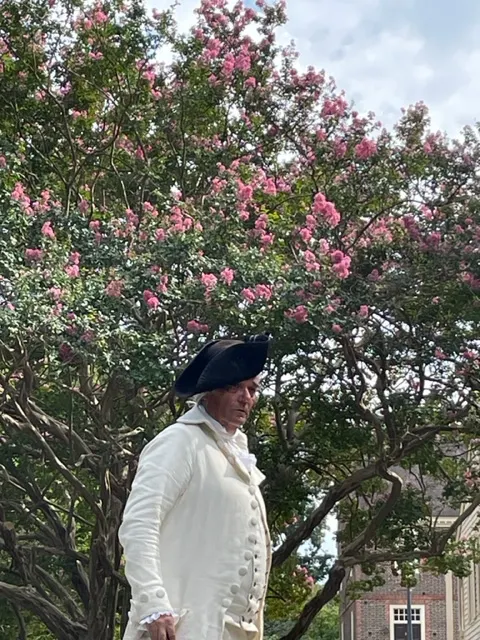
Ron Carnegie, historian and actor at CW.
Necessary disclaimer: As a blogger, I use affiliate links sometimes! I may receive commission from purchases I share; it does not change your price but sometimes you might get a discount.
My blogger brain took over during the performance.
I've been fortunate to speak with Mr. Carnegie in the past, as well as see him interpret Washington on stage multiple times. But today, something struck me. Maybe it was my blogger brain at work, but I was able to break down his comments into a list: beliefs and convictions of our first president.
Clearly, it's not a comprehensive list- humans are complex and there was much more to Mr. Washington than his political thoughts.
The list: Washington's beliefs (which you may or may not have heard in the past).
I may have heard bits of this but let's be real. What I remember about Washington from my childhood had more to do with heroism and folklore than his convictions and vision for the future of America. It's about a little boy chopping down a cherry tree and fast-forwarding to an adult with wooden teeth crossing the Delaware in a painting.
1) Washington was a student of the philosopher Seneca and followed his teachings. Today Mr. Carnegie paraphrased Seneca's teaching about how you live your life and the reputation that follows. In fact, many of the founders of this country closely studied philosophy, both ancient and contemporary to their time. For more on Seneca and Stoicism, click here.
2) Washington opposed the idea of "factions" and political parties. He believed it was unnecessary, unlike Jefferson and Madison, who while fishing at Lake George in New York created what is referenced around here as the second party. This was the Democratic Republicans, opposition to the Federalists, who seem to have adopted Washington as their candidate.
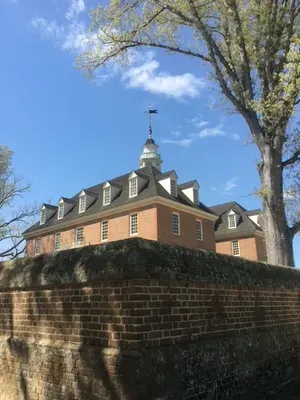
The Capitol building (reconstruction) in CW
3) On foreign affairs, specifically war: Washington believed we (the new United States of America) are finding our footing as he leaves the presidency and we should not involve ourselves in the wars of others purely for the affection of a country, or hatred of one. When would it be worth our involvement: only where our interests are impacted. Clearly, it was in our best interest to steer clear of the literal cost of war, this early on, if you're wondering why he kept us out of the French Revolution.
4) On the literal cost of war: If we involve ourselves in a war, Washington believed we must pay the debts off, not leave them to "our children and our children's children." Clearly, there must be taxes and like others who built this nation, he didn't disbelieve in taxes, but instead in taxation without representation.
5) It's said that Washington stopped speaking Benedict Arnold's name and simply referred to him as "the traitor." And I found this fantastic footnote to history on my new favorite research site for primary sources- a note about Washington bringing Arnold's chief aide on as his own secretary!
Lt. Col. Richard Varick (1753–1831) of the 1st New York Regiment, who was Benedict Arnold’s chief aide at the time Arnold’s treason was discovered in the fall of 1780, became GW’s recording secretary in May 1781
6) And finally: none of us can hold a greater title than that of an "American." Truly this binds us, does it not? Every performance, discussion, and event around here has the underlying message (and sometimes overt one!) that we need to work together for the future. In order to have a better future, we need to be better.
And as Kurt Smith who portrays Jefferson always says, not debate the "Man before you but the idea between you."
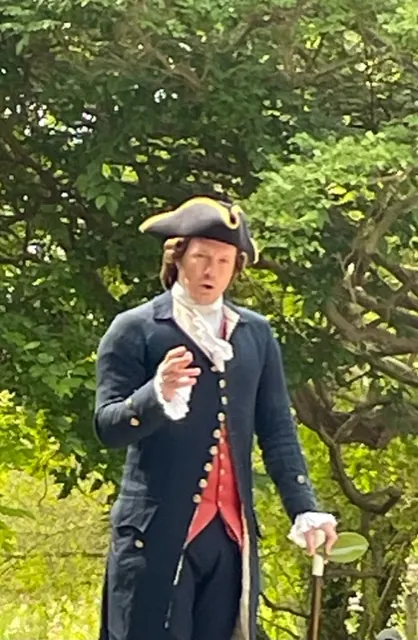
Kurt Smith portraying Thomas Jefferson in CW.
Keep learning, keep digging deeper. And share!
I can say this: if I were alive in Washington's time or he alive in mine, I'm not sure how much we would agree on politically; I'm glad to be alive hundreds of years later... because I have an insight into the man I truly do admire.
And it's the research Mr. Carnegie and others here at CW do that allow me to understand the human Washington was. The sources they've found, studied, and used to bring history alive is a blessing to us all- please take advantage of it! (visit us here in CW)
If you're into podcasts, this episode about Washington on American History Hit got me updating this post only 3 days after I wrote it. It prompted me to read Washington's farewell address and post the link here, should you want to do the same.
I'll close with a fantastic (and oh so perfect!) quote from Seneca in a nod to our first president:
"Time discovers truth."
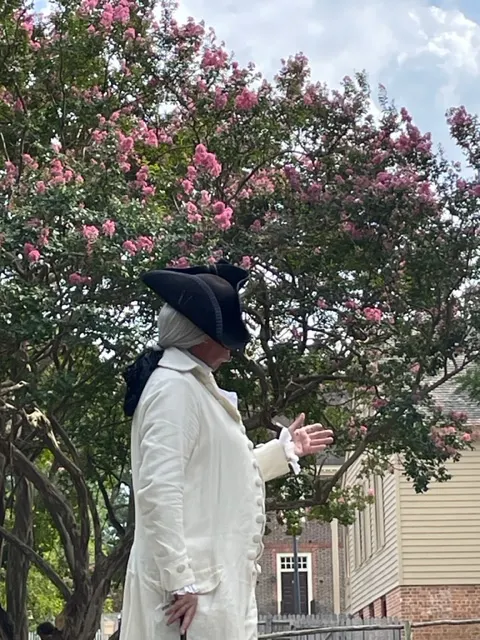
Ron Carnegie at the Charlton Stage- August 2023
Are you loving this blog? Tip me online and keep me caffeinated and sharing the history I find!
There is a huge practical disclaimer to the content on this blog, which is my way of sharing my excitement and basically journaling online.
1) I am not a historian nor an expert. I will let you know I’m relaying the information as I understand and interpret it. The employees of Colonial Williamsburg base their presentations, work, and responses on historical documents and mainly primary sources.
2) I will update for accuracy as history is constant learning. If you have a question about accuracy, please ask me! I will get the answer from the best source I can find.
3) Photo credit to me, Daphne Reznik, for all photos in this post, unless otherwise credited! All photos are personal photos taken in public access locations or with specific permission.
